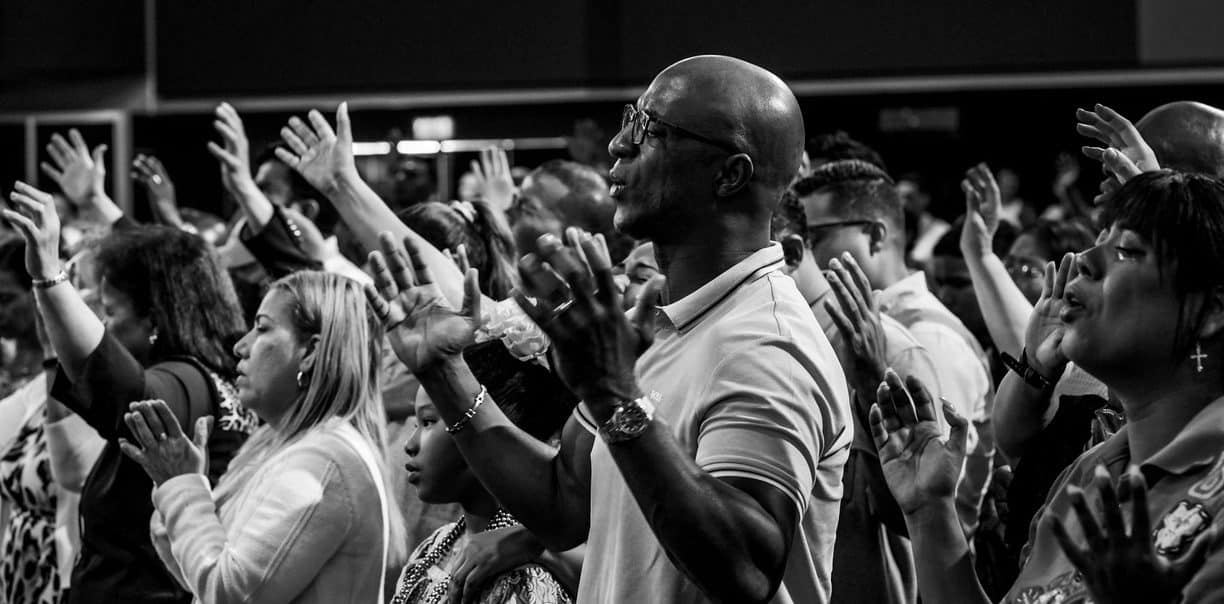Canadians may be surprised to know that being “born again” is neither a new idea, nor one reserved for people from places the bus doesn’t run. Our first prime minister, Sir John A. Macdonald was even born again.
Cable news, in the race for the GOP nomination, categorize voters in groups such as “evangelical/born again” voters. Who are they? Is it a religious community or a convenient tag to identify politically-leaning Christian conservatives?
Use of the term began in earnest in the 1970s when Charles Colson (hatchet man for President Richard Nixon) wrote of his conversion in his best seller Born Again, followed by self confessed “born again” President Jimmy Carter. Today, athletes, celebrities and marketing firms employ this metaphor to describe everything from newly discovered personal faith to changed behavior to remade gadgets. A Google search makes over four million references.
The beauty and power of its meaning has been depreciated by both religious and secular commentators who make it appear like an experience best reserved for religious extremists. It has also been depreciated by Christians who use it as a means of saying who is “in” and who is “out” who are “really” Christian and who are not.
It all began in a late evening conversation Jesus of Nazareth had with a Jewish theologian, Nicodemus. It could have been that Nicodemus was confused by Jesus’ lack of political initiative, since he had already made a public announcement of the launch of his kingdom. We do know he was surprised by Jesus’ miracles.
The apostle John’s telling of the evening shows Jesus redirecting Nicodemus: in effect he said, “For you to make sense of what I’m doing, you need to be born again.” Incredulous, Nicodemus chuckled, “Goodness, do you know how old I am?” Of course, trying to make literal a metaphor ends up missing the point.
Jesus’ creative pedagogy employed stories, pictures, similes, allegories and metaphors. Many times he said, “The kingdom of God is like . . .” Here he uses physical birth to tell his visitor he needed to change his thinking. You can hear between the lines, Jesus saying, “You are blind to the kind of kingdom I’m launching. If you want to see, you need a major overhaul so you can see with new eyes.”
Conversion is a common human experience. We are often “converted” from one idea or lifestyle to another, from one political point of view to another. Conversion is not exclusive to the world of faith and religion.
The Gospel message gives two aspects to rebirthing. First, God does the rebirthing: bringing about a new way of thinking, living and acting, sometimes referred to as a new heart – a new center from which our life is lived. Secondly—an idea not replicated in any other faith—the Holy Spirit internalizes the change. He takes residence so life is not lived by what one does for them self. The change is not your doing, it is God’s. The ability to live this new life is not for you alone, but done as now this God-in-you empowers.
For some the change may be immediate. A mean, alcoholic, wife-beating man confessed his need and the next day I saw the change. Others (not in need of a major behavioral overhaul) will gradually shift attitudes, progressively becoming a new person, the very thing the new birth promises.
Pollsters often combine “born again” with “Evangelicals” as if synonymous. Let me put it this way: Evangelicals (people who believe what the Bible says and who put their faith in Jesus) invite Christ in their lives (many call this “born again”). What ever it may be called (Jesus used various metaphors) it is a God-encounter in which people admit their need, making Christ Lord of their lives. By so doing, they access his promise of being made now, and over time, a new person. That is what is meant by the “new birth.”
Canada’s first Prime Minister, Sir John A. Macdonald with a well known reputation for boozing, joked that Canadians preferred him drunk to a sober George Brown, his opposition leader. One night, in 1888, he, his wife and several MPs and Senators attended an evangelistic campaign in Ottawa. A newspaper reporter noted that “when in answer to an appeal by [evangelist] Mr. Hunter that all who wished to become Christians and desired the prayers of the audience would stand up, the premier of the Dominion . . . arose with his wife.”
Historian Kevin Kee in Revivalists: Marketing the Gospel in English Canada, 1884-1957 (McGill-Queen’s University Press, 2006) notes another journalist observed that “when the well-known form of the Honourable Premier arose in the centre of the church many strong men bowed their heads and wept for joy. The right honourable gentleman himself was deeply affected.” Some days later, the evangelist had dinner with the prime minister and reported, “Sir John Macdonald is a changed man.”
Conversion. New birth. Words and pictures that describe internal transformation.
Public leaders, sports personalities, entertainers, business people, media anchors unashamedly admit to experiencing conversion or new birth. Why has this become so public? The pendulum of the modern world, framed by rationalism and scientific advances, swung so far as to discredit the importance of spiritual life or moral reform. The swing back has been dramatic. Candidly admitting one’s need for inner healing, our understanding of the whole person opens people from all stratas to seek personal transformation.
Sir John, the first Canadian Prime Minister wasn't the last politician to embrace this act of faith.
Brian C Stiller
Global Ambassador –
The World Evangelical Alliance
[email protected]
Blog. Dispatchesfrombrian.com





Stay Connected